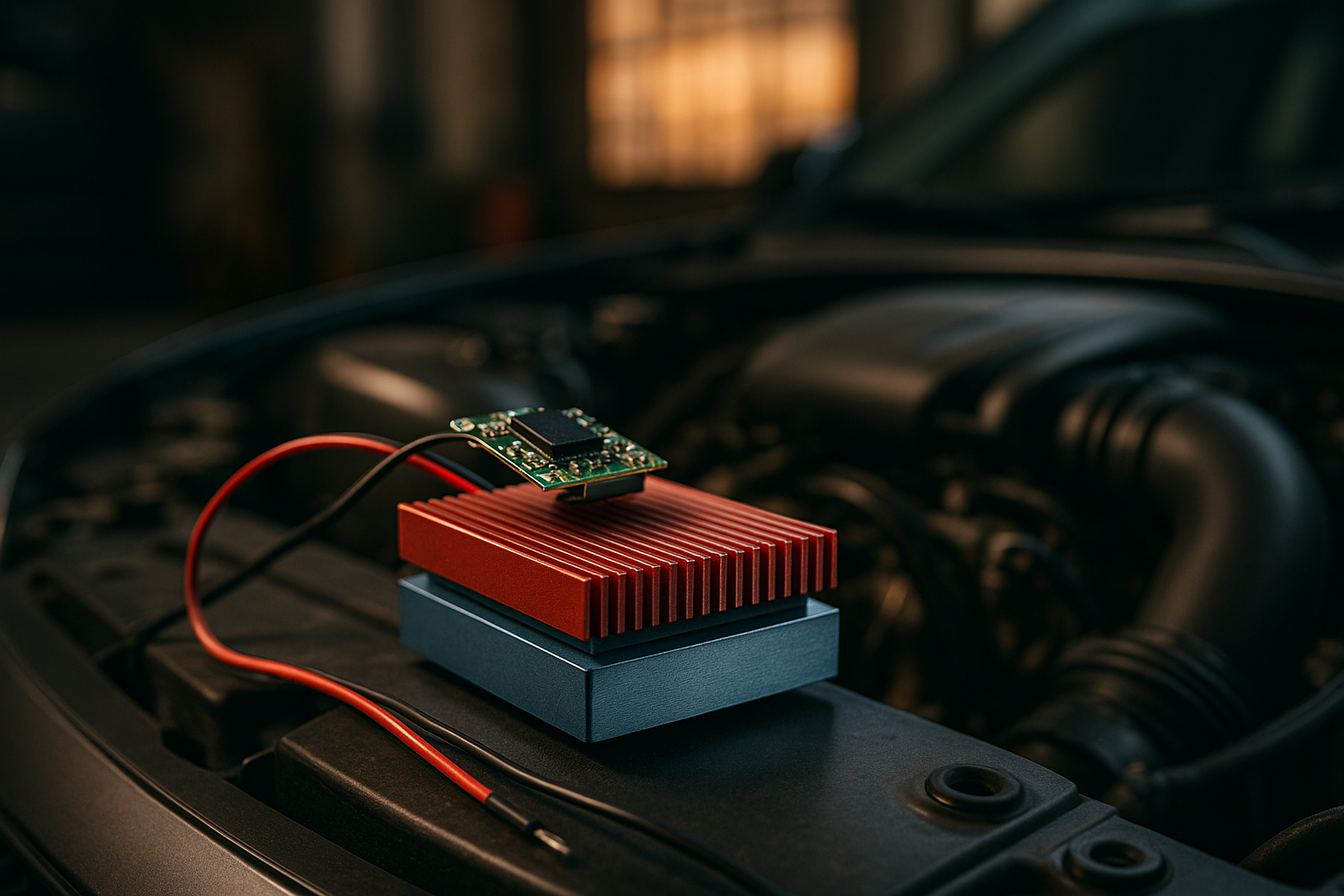Checklist for Documenting Private Vehicle Sales Safely
Selling or buying a private vehicle requires careful documentation to protect both parties and ensure smooth transfer of ownership. This checklist outlines the key documents, verification steps, and record-keeping habits that reduce legal and financial risks. Use it to confirm registration, title status, vehicle history, and inspection details before completing a private sale.

Registration, ownership, and title
Confirming the vehicle’s registration and legal ownership is the first priority in any private sale. Verify that the seller’s name matches the name on the registration and title documents; mismatches can signal liens or title problems. Check whether the title is clear, branded (for example, salvage), or marked with any liens. Record registration numbers and ask for proof of current registration to ensure the vehicle is eligible for transfer in your area. Keep copies of the title and registration as part of the sale paperwork to protect both buyer and seller.
VIN, history, and verification
Always verify the Vehicle Identification Number (VIN) on the car against the VIN on the title and service records. Obtain a vehicle history report from a reputable provider to check for past accidents, salvage titles, flood damage, or ownership history that could affect resale value or legal transfer. Cross-check any reported odometer changes or inconsistent service intervals that might indicate tampering. If exporting or planning long-term ownership, factor in jurisdiction-specific requirements that may be uncovered by a thorough VIN-based history search.
Odometer, inspection, and service documentation
Odometer readings and documented service history are central to confirming the vehicle’s condition and value. Request recent service records that show routine maintenance such as oil changes, brake work, and timing belt or chain replacements. Have the odometer reading written into the bill of sale and, if required in your jurisdiction, a separate odometer disclosure form. Consider arranging an independent inspection to verify mechanical condition and mileage; inspection reports add objective documentation for both parties and can reduce post-sale disputes.
Paperwork, transfer, and documentation
Prepare a clear bill of sale that records buyer and seller names, addresses, sale price (if applicable), date, VIN, odometer reading, and any terms of sale. Different jurisdictions require specific transfer forms, notary services, or emissions certificates—check local services and the DMV-equivalent to confirm required paperwork. Retain copies of all submitted forms and receipts for registration fees, taxes, or title transfer. Store both physical and scanned copies of key documents, as digital records can be useful if paperwork is lost during the transfer process.
Resale, tradein, and export considerations
If the buyer plans to resell, tradein, or export the vehicle, additional documentation may be needed. Export often requires customs paperwork, proof of ownership, and compliance with destination-country standards. For tradein or resale, disclose known issues and provide recent inspection and service records to facilitate valuation and verification. Be transparent about any modifications, previous damage, or title brands, as nondisclosure can affect future resale and may create legal liabilities for the seller.
Inspection checklist and verification steps
Create a simple inspection checklist to guide verification: match VIN locations, confirm title status, record odometer reading, test lights and brakes, and inspect for frame or rust damage. Verify seller identity with photo ID and cross-check against title documents. Request a signed disclosure of known mechanical or legal issues. If payment is by bank transfer or cashier’s check, confirm funds clearance before signing over the title. Keep a timeline of steps taken, including dates of inspections, communication, and handover of keys and documents.
Conclusion A structured approach to documenting private vehicle sales reduces uncertainty and helps both buyer and seller avoid legal or financial problems. Focus on clear title and registration checks, VIN and history verification, accurate odometer and service records, complete transfer paperwork, and honest disclosure about resale or export needs. Maintaining organized physical and digital copies of all documents makes disputes easier to resolve and supports a safe, verifiable transfer of ownership.





